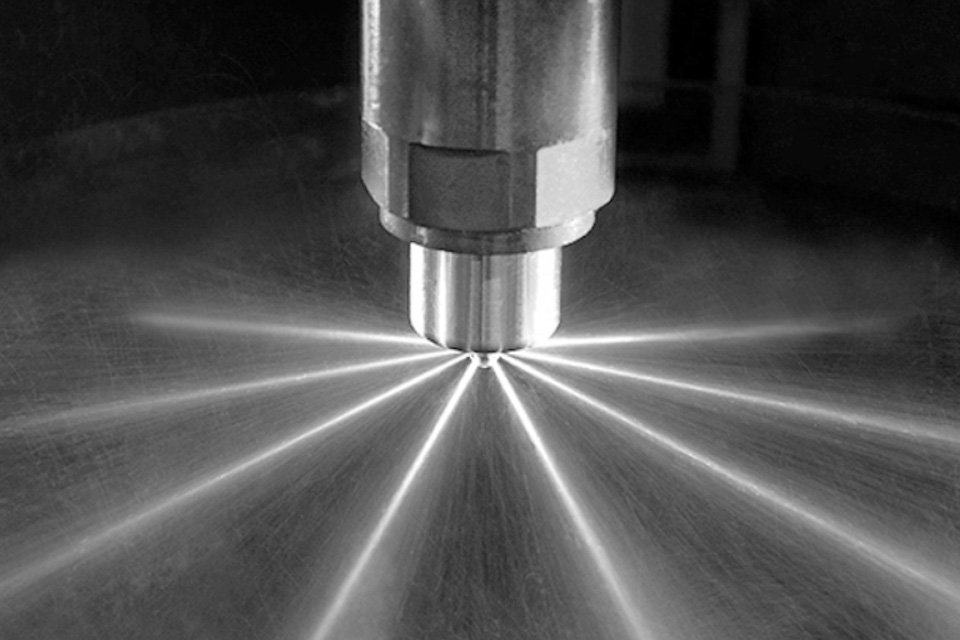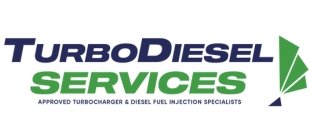A Guide to Different Types of Fuel Injectors Used in Vehicles and Engines in the South African Market

In the automotive industry, fuel injectors play a crucial role in delivering the right amount of fuel to the engine for combustion. South Africa, being a diverse and dynamic market, offers a wide range of vehicles and engines that utilize various types of fuel injectors. In this article, we will explore some examples of vehicles and engines in the South African market that use different types of injectors, highlighting their features and benefits.
1. Petrol Direct Injection (PDI) Injectors
Petrol Direct Injection (PDI) injectors are commonly found in modern gasoline engines. These injectors deliver fuel directly into the combustion chamber, resulting in improved fuel efficiency and power output. They are known for their precision and ability to optimize the air-fuel mixture, leading to cleaner emissions and better performance. Examples of vehicles in the South African market that use PDI injectors include the Volkswagen Golf, Ford Focus, and BMW 3 Series.
2. Common Rail Diesel Injection (CRDI) Injectors
Common Rail Diesel Injection (CRDI) injectors are widely used in diesel engines. These injectors operate at high pressures, allowing for better atomization of fuel and more precise control over the injection timing. CRDI injectors deliver fuel to a common rail, which then distributes it to individual injectors. This technology enhances fuel efficiency, reduces emissions, and improves engine performance. Popular vehicles in South Africa equipped with CRDI injectors include the Toyota Hilux, Ford Ranger, and Isuzu D-Max.
3. Gasoline Direct Injection (GDI) Injectors
Gasoline Direct Injection (GDI) injectors are similar to PDI injectors but are specifically designed for gasoline engines. GDI injectors deliver fuel directly into the combustion chamber at high pressures, resulting in improved fuel efficiency and power output. These injectors allow for precise control over the fuel-air mixture, leading to reduced emissions and enhanced engine performance. Vehicles in the South African market that use GDI injectors include the Hyundai Tucson, Kia Sportage, and Mercedes-Benz C-Class.
4. Sequential Multi-Port Fuel Injection (SFI) Injectors
Sequential Multi-Port Fuel Injection (SFI) injectors are commonly found in older gasoline engines. These injectors deliver fuel to each intake port of the engine’s cylinders sequentially. SFI injectors provide reliable fuel delivery and are known for their simplicity and durability. While newer technologies have surpassed SFI in terms of performance and efficiency, some vehicles in the South African market still utilize SFI injectors, such as the Toyota Corolla, Honda Civic, and Nissan Sentra.
5. Liquefied Petroleum Gas (LPG) Injectors
Liquefied Petroleum Gas (LPG) injectors are designed specifically for vehicles that run on LPG, a popular alternative fuel in South Africa. These injectors deliver LPG to the engine, providing an efficient and clean-burning fuel option. LPG injectors ensure proper mixing of LPG and air, resulting in optimal combustion and reduced emissions. Vehicles in the South African market that use LPG injectors include the Chevrolet Spark LPG, Hyundai i20 LPG, and Ford Fiesta LPG.
It’s important to note that the usage of specific fuel injectors may vary across vehicle models and engine configurations within the South African market. It’s always recommended to consult the manufacturer’s specifications or contact a certified automotive professional for accurate information regarding the fuel injector types used in a particular vehicle or engine.
In conclusion, the South African market offers a diverse range of vehicles and engines that utilize different types of fuel injectors. Whether it’s petrol direct injection, common rail diesel injection, gasoline direct injection, sequential multi-port fuel injection, or liquefied petroleum gas injection, each injector type has its own advantages and caters to specific fuel requirements. Understanding the different types of injectors can help consumers make informed decisions when purchasing or maintaining their vehicles in the South African market.
